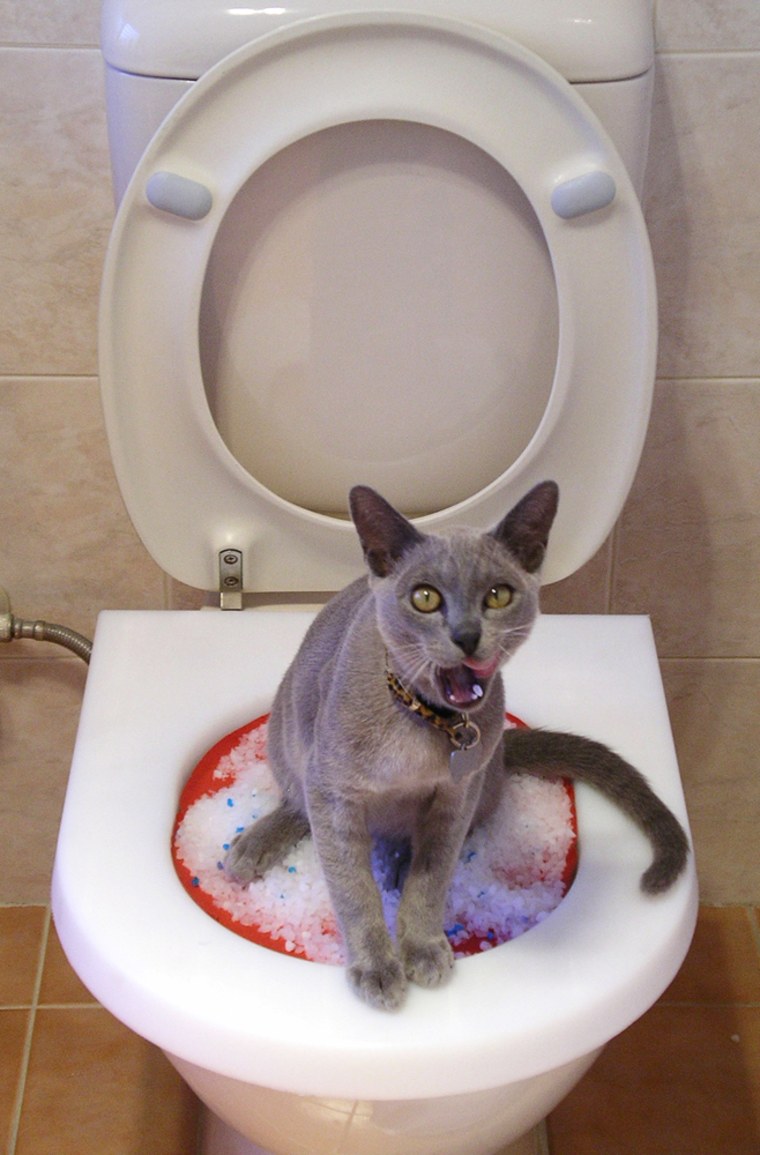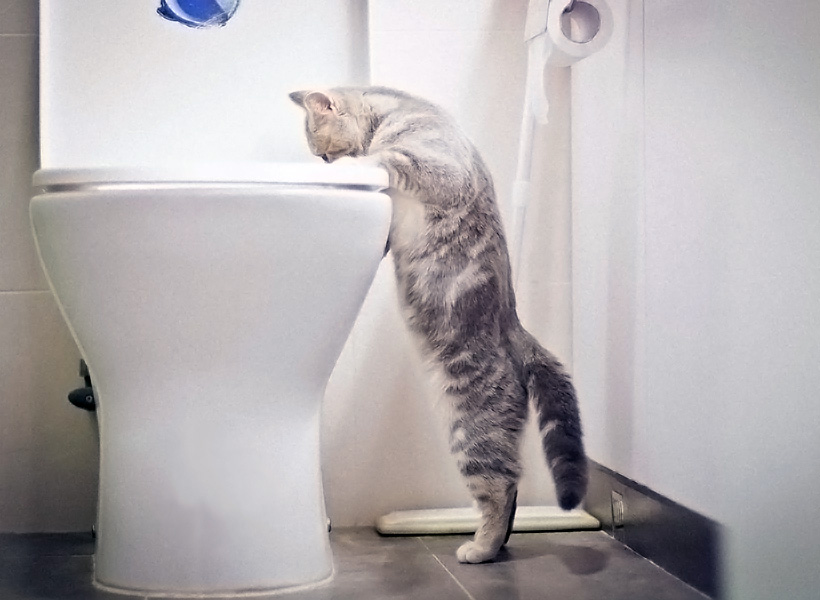Avoid Clogs and Damage: Don't Flush Cat Poop Down Your Toilet - Professional Recommendations
Avoid Clogs and Damage: Don't Flush Cat Poop Down Your Toilet - Professional Recommendations
Blog Article
Every person seems to have their personal concepts involving How to Dispose of Cat Poop and Litter Without Plastic Bags.

Intro
As feline proprietors, it's vital to be mindful of exactly how we get rid of our feline buddies' waste. While it might appear hassle-free to flush pet cat poop down the toilet, this practice can have damaging repercussions for both the environment and human health.
Alternatives to Flushing
Fortunately, there are more secure and more accountable ways to take care of cat poop. Consider the following options:
1. Scoop and Dispose in Trash
The most typical approach of taking care of feline poop is to scoop it right into a naturally degradable bag and throw it in the trash. Make sure to utilize a dedicated clutter scoop and throw away the waste immediately.
2. Usage Biodegradable Litter
Choose eco-friendly feline litter made from materials such as corn or wheat. These litters are environmentally friendly and can be securely thrown away in the trash.
3. Bury in the Yard
If you have a yard, consider hiding cat waste in a designated area far from veggie yards and water sources. Make certain to dig deep enough to prevent contamination of groundwater.
4. Set Up a Pet Waste Disposal System
Invest in a family pet waste disposal system specifically made for pet cat waste. These systems make use of enzymes to break down the waste, minimizing odor and environmental impact.
Health Risks
In addition to ecological issues, purging feline waste can additionally position health and wellness risks to people. Feline feces might contain Toxoplasma gondii, a parasite that can trigger toxoplasmosis-- a possibly severe disease, especially for pregnant ladies and people with weakened body immune systems.
Environmental Impact
Flushing cat poop presents damaging virus and bloodsuckers right into the water, posing a substantial risk to water communities. These contaminants can negatively impact marine life and concession water high quality.
Verdict
Accountable animal ownership extends beyond giving food and sanctuary-- it additionally includes correct waste administration. By refraining from flushing pet cat poop down the commode and choosing alternate disposal methods, we can lessen our ecological footprint and shield human health.
Why You Should Never Flush Cat Poop Down the Toilet
A rose by any other name might smell as sweet, but not all poop is created equal. Toilets, and our sewage systems, are designed for human excrement, not animal waste. It might seem like it couldn’t hurt to toss cat feces into the loo, but it’s not a good idea to flush cat poop in the toilet.
First and foremost, assuming your cat uses a litter box, any waste is going to have litter on it. And even the smallest amount of litter can wreak havoc on plumbing.
Over time, small amounts build up, filling up your septic system. Most litter sold today is clumping; it is made from a type of clay that hardens when it gets wet. Ever tried to scrape old clumps from the bottom of a litter box? You know just how cement-hard it can get!
Now imagine just a small clump of that stuck in your pipes. A simple de-clogger like Drano isn’t going to cut it. And that means it’s going to cost you big time to fix it.
Parasitic Contamination
Believe it or not, your healthy kitty may be harboring a nasty parasite. Only cats excrete Toxoplasma in their feces. Yet it rarely causes serious health issues in the cats that are infected. Most people will be fine too if infected. Only pregnant women and people with compromised immune systems are at risk. (If you’ve ever heard how women who are expecting are excused from litter cleaning duty, Toxoplasma is why.)
But other animals may have a problem if infected with the parasite. And human water treatment systems aren’t designed to handle it. As a result, the systems don’t remove the parasite before discharging wastewater into local waterways. Fish, shellfish, and other marine life — otters in particular — are susceptible to toxoplasma. If exposed, most will end up with brain damage and many will die.
Depending on the species of fish, they may end up on someone’s fish hook and, ultimately on someone’s dinner plate. If that someone has a chronic illness, they’re at risk.
Skip the Toilet Training
We know there are folks out there who like to toilet train their cats. And we give them props, it takes a lot of work. But thanks to the toxoplasma, it’s not a good idea.

I'm very inquisitive about How to Dispose of Cat Poop and Litter Without Plastic Bags and I'm hoping you enjoyed our entry. Sharing is good. Helping others is fun. Thank you for taking the time to read it.
Schedule Report this page